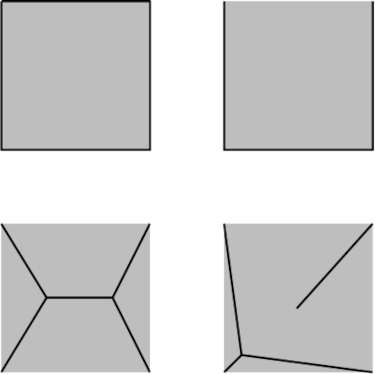Newtypes Are Better Than Abstract Type Synonyms
One of OCaml’s flagship features is what they call “abstract types”. In essence, this lets programmers declare a type, even as a type synonym inside a module and, by hiding its definition in the signature, make it appear abstract to the outside world.
From the perspective of writing modules like this, this feature is great! It means that the code inside the module can treat the type exactly as its underlying type and make whatever assumptions it needs to make without any additional ceremony because, inside the module, they are exactly equal! But from the outside, you get a fully abstract type that users can make no assumptions about other than what you expose to them via the module signature.
Since Haskell’s module system is significantly less powerful than OCaml’s, it cannot implement abstract types in the same way. Instead, abstract types are implemented as data types or newtypes that don’t export their constructor.
While this achieves roughly the same effect, it means that any code inside the module that uses the underlying type needs to wrap and unwrap the newtype constructors everywhere.


















